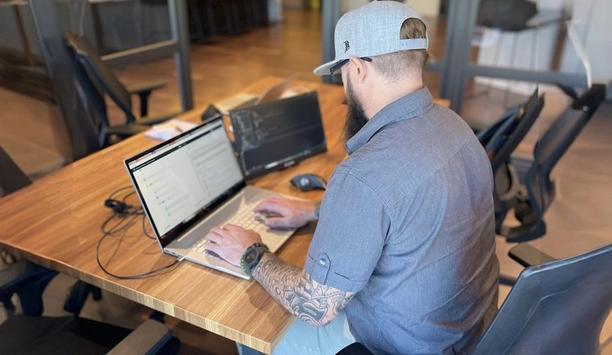The impassioned argument, quoted by The Florida Current, comes from a Florida state legislator who introduced a bill aimed at stopping public school systems from collecting biometric data on children. The ominous-sounding practice actually has a practical side – use of a fingerprint or palm scan can enable a school system to get thousands of students through a lunch line in a short period of time. The schools have found a quick fingerprint scan is faster, and more secure, than use of an identity card or PIN number. The system has been used in 83 schools for several years in one district and reflects an investment of $300,000, according to the newspaper. The system could also be used to identify parents, employees and volunteers, which could help to prevent strangers from sneaking into a school function.
It may fall to those in the security market who understand the technology to provide the needed information to defuse concerns |
The proposed bill, which is “pending reference review,” would provide for parental notification of data collected on students by schools. (It also would require the school to phase out Social Security numbers, replaced by a unique ID number developed by the state Department of Education.)
I'm not sure exactly what the problem is with “scanning a kid,” as long as there are no adverse health effects, a concern I am sure has been addressed (and in any case was not an argument presented in Florida against the technology). I don't have a problem with parental notification; it's the underlying attitude toward technology implied in the bill that I find troubling.
As I understand it, the intent of biometric systems is to confirm an identity. A student enrols in the system with a fingerprint or palm print scan, and the system stores only data points from that scan, which are compared with data points when the individual uses the system again. The system doesn't actually store a complete fingerprint, and there is no massive centralized database of children's fingerprints that could be stolen or otherwise compromised. If I'm wrong, someone correct me – please.
Too often, negative responses to technology are based on misunderstanding. Emotions can get in the way of information. It may fall to those in the security market who understand the technology to provide the needed information to defuse concerns.
UPDATE: Florida’s Senate Bill 188, which imposes a blanket prohibition on the use of biometric identification technology within the Florida public school system, was signed into law by Gov. Rick Scott on May 12, 2014. This despite a letter from the Security Industry Association opposing the bill. SIA’s letter read in part: “While SIA understands the legislature’s concern for protecting the privacy of Florida students, we are troubled that widespread misperceptions about the nature and use of biometrics technology has enabled passage of the bill without a thorough debate examining the student safety and local economic implications — and despite any reported cases of identity theft or misuse of information collected by such systems.”










































